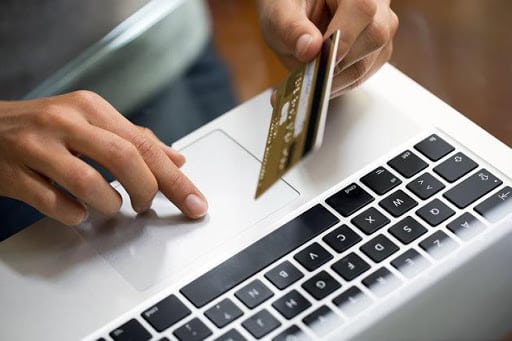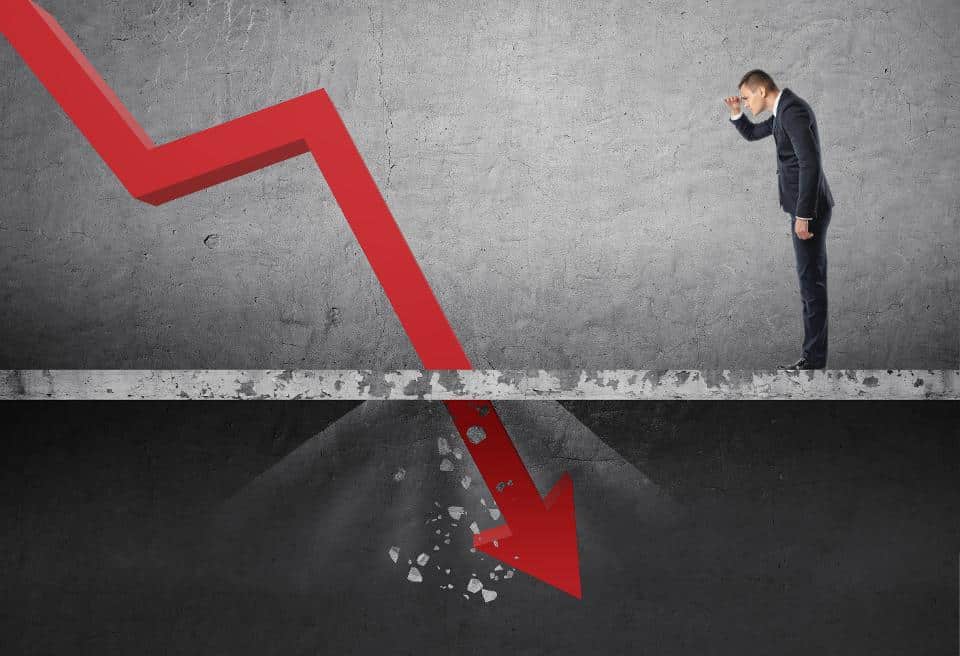He credit history It is a record of your credits, loans, financing or credit services that you have over time. The purpose of this record or report is to have a backup of information about your behavior as a payer. In addition, there is the objective of making a count of your credit activity. Know the credit card with no credit history.
Within the credit history, different services can be registered, such as a monthly rental mobile phone plan, a car loan, a credit card without bureau or departmental or a personal loan.

For a credit card to be approved, the interest rate and credit limit offered will be linked to the risk that the client represents for financial institutions. If you are a person who keeps your accounts up to date, you will have a good credit history, so you will not have complications to obtain your card, in addition to receiving a series of advantages; If the customer has a low score, the card will most likely not be released.
To apply for a credit card without a bureau having a bad credit history, it is important to settle the debts before. If it is not in your possibilities, approach the bank or institution that activated the credit and try to reach a payment agreement. If you cannot pay your debt, it will be very difficult for you to request another type of credit.
A credit card without desk or without credit card with no credit historyIn general, it is a guaranteed or insured card: a type of plastic that gives credit linked to an investment or in exchange for an amount of money that you must deposit before using it, as a guarantee of payment.
What are the requirements to apply for a credit card with no credit history?
- Be of legal age Valid official identification;
- National Electoral Institute (INE) or passport. In case you are a foreign applicant, you must present your passport or the resident card issued by an immigration authority. Proof of address;
- the proof of address that you present to request your credit card without checking the bureau must be no more than 3 months old;
- proof of income If it is a guaranteed card, you may have to leave an amount as a guarantee.
The Credit cards that do not ask for your credit history can also be some departmental cards, which are used to precisely start your payer record.
Read Also:
The NBA is here and do you want to know how to watch the games for free? Follow the best apps
To compare options and apply to one, you can do it directly at banks or financial institutions. Remember, a card without credit card with no credit history, it will always be a credit conditioned to a backup, in case you do not pay.
Know the credit card HSBC.




